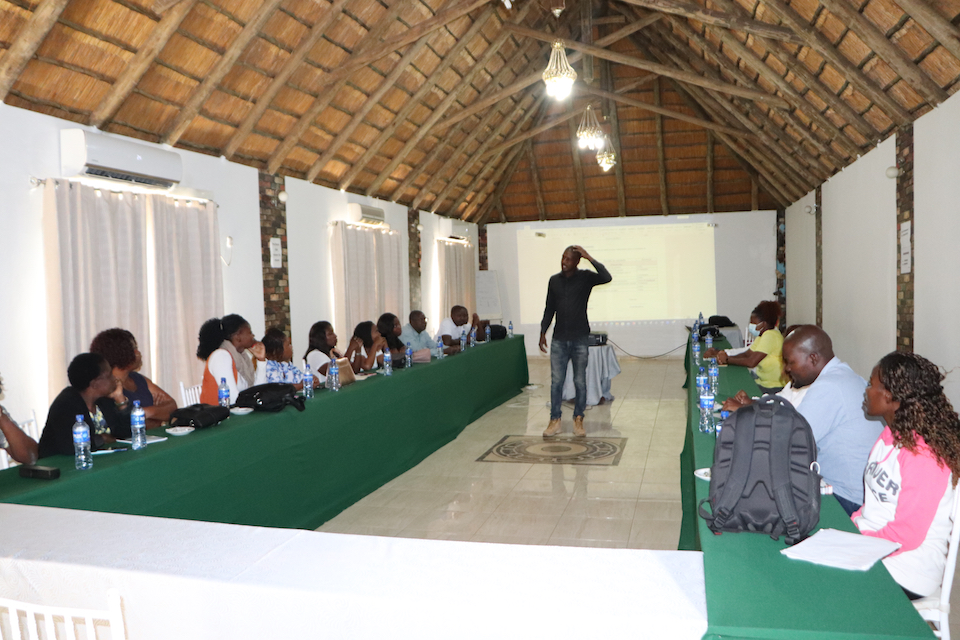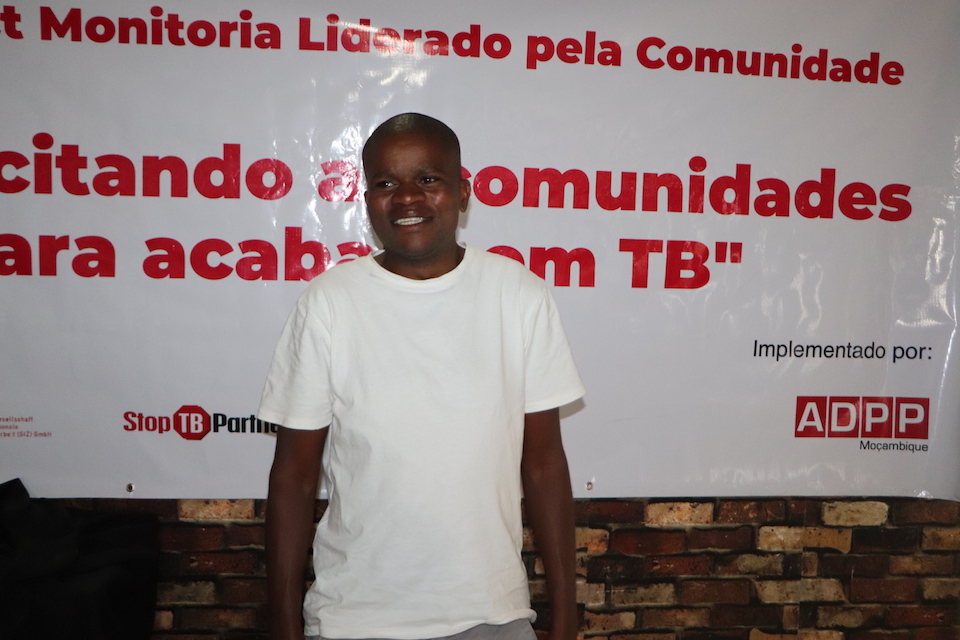The OneImpact Community-Led Monitoring (MLC) project, promoted during four days, the same number of workshops for sharing the results of the project implementation that lasted for 9 months in 45 Health Units in four districts of Maputo province, namely Matola, Moamba, Boane and Namaacha.

The results presented to the representatives of the National Program to Fight Tuberculosis (NTCP) allow making a positive assessment of the project implementation, in addition to serving for a joint reflection on the TB situation in Maputo province, where there was a record, in recent months, of a reduction in cases of abandonment of treatment and stigmatized people as TB patients.
During the period of its implementation, the project worked with 250 Community Leaders and 203 Volunteers, who were trained in Human Rights and reached a universe of 1268 people with TB in the four districts covered by the project.
Data extracted from the monitoring system indicate that 1606 people downloaded the application OneImpact, of this number 824 people with TB reported 1076 barriers and / or difficulties they faced as TB patients. The most common barriers have to do with access to TB health services (35%), followed by barriers to TB support services (33%), TB Stigma (25%) and violation of human rights (7%).

Inácio Manjate, Coordinator of the project, says that the implementation of the project in coordination with the NTCP and community actors allowed to achieve satisfactory results.
"We are pleased with the results that we share today in this forum. In the reflection together with the PNCT we noticed that there was an increase of people adhering to treatment and more openness to communicate their barriers, because of the work that we started with the involvement of community leaders and the group of volunteers who took the application to the patients"- he explained.
In his turn, the district responsible of the PNCT in Matola, Silva Munguambe, says that the implementation of the OneImpact project increased the success rate that was not the best in the past years, which was around 90%.
"Last year we had a very high percentage of cases of treatment failure, a situation that was reversed with the implementation of OneImpact, since there was a great adherence to treatment because many patients had the opportunity to report the difficulties that could interfere in the fulfilment of the treatment until the cure, which also allowed us to detect early the barriers of these patients and we had an intervention that allowed the fulfilment of the treatment until success, which makes that today we have a success rate of 94%, which we believe was a great gain of the project.

The district responsible of the Community Involvement Programme in Matola, Alfredo Francisco, recognises that many problems related to the barriers that the patients faced to access the TB treatment have been triggered and consequently what has improved the adherence to treatment.
"We found that patients for lack of mechanism to report barriers opted to abandon treatment, which is no longer the case because they have the platform to report the barriers, which are followed up and resolved thus improving access to TB treatment services which also allowed a return of patients who had already abandoned treatment".


